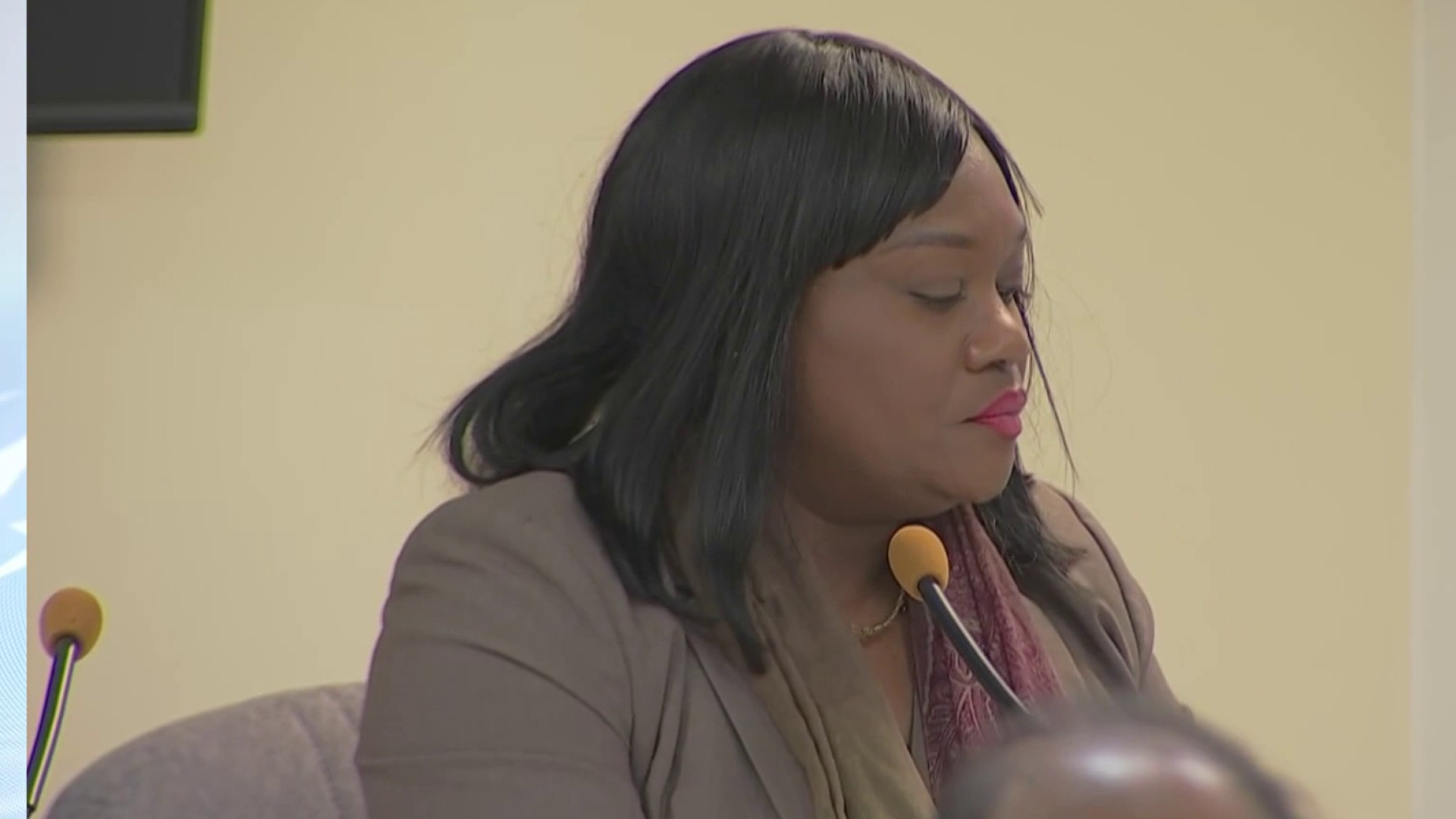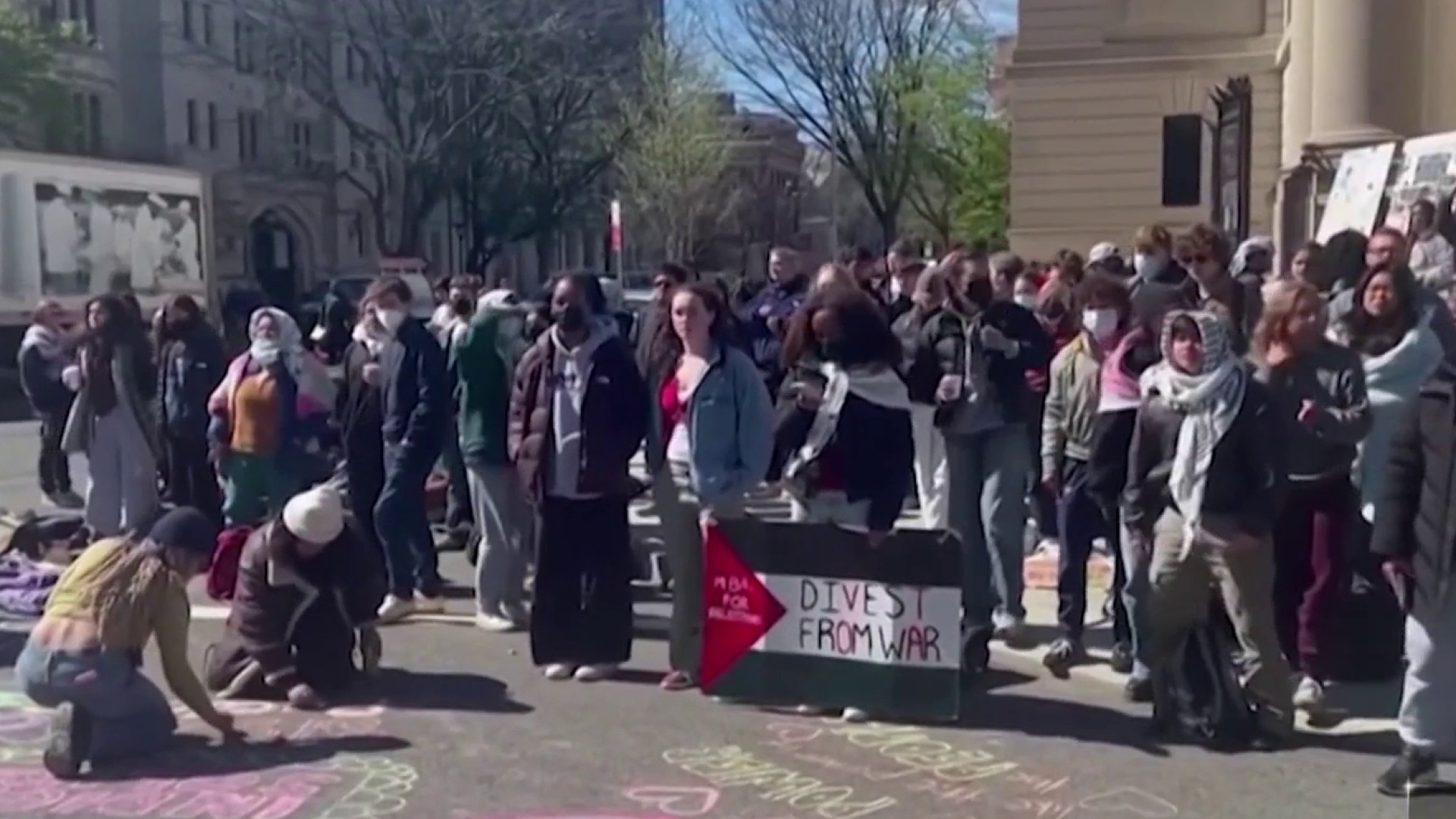
Jim Cracas doesn’t know who started the rumor. After testing positive for coronavirus and going on a ventilator, word started spreading on social media that he was dead.
His wife, Penny, was getting questions about it. Jim’s best friend was so upset by the “news” he had chest pains.
In truth, staff at Paoli Hospital took him off the ventilator after five days last month and sent Cracas home to Exton.
“I’d like to say, ‘The reports of my death were greatly exaggerated,’” said Cracas, 51, a coronavirus survivor.
He’s now on the road to recovery. At the end of the third week since returning home from the hospital, Cracas has even returned to work for a few hours each day at Pickering Valley Feed and Farm Store, which has been in his family more than 40 years.
Penny has been on his case about doing too much too quickly. He knows it’ll be a while before he’s back to his old self. But there’s work to be done - mostly “office stuff” for now, not as much working with the physical product. Some of those horse and chicken feed bags weigh 50 pounds.
Getting sick

On March 25, Jim’s daughter Erin came home from University of New Hampshire, where she’s a freshman. She was initially told to leave her belongings, but needed to go back after the school reversed course.
Local
Breaking news and the stories that matter to your neighborhood.
Jim drove up with her. Penny said to make sure not to stop in New York, or he’d have to self-quarantine when he came back. So they made no stops. In pandemic traffic, they made great time.
But in a hotel room that night, he felt chills. It seemed like a flu, mild enough to subside after Erin got him some food. They moved her out of the dorm the next day.
Back home, the next few days got worse. Jim stopped going into the store so he could rest. By April 3, Penny, a nurse with the county health department, knew something more serious was wrong.
She walked into the bedroom where Jim was wrapped under the covers and asked him “how long have you been breathing like that?”
She flipped up the covers, noticed his skin had turned red all over, and called 911.
Jim walked out the front door, went down the steps and climbed into the ambulance under his own power. When EMTs checked his blood oxygen level, it was a concerning 64 percent.
“At that level, I’m not supposed to be able to be coherent, not supposed to be able to walk,” he said. But he could speak and told them to take him to Paoli Hospital.
He got a COVID-19 test that came back positive after a few hours of waiting while hooked to an oxygen tank. Hospital staff brought over a portable X-ray machine to examine his lungs, which were filling with fluid. Soon, staff were setting up a ventilator for Jim.
At this point, there’s a gap in what Jim remembers. First, they were telling him about sleeping on his stomach through the night for safety.
“Briefly after that, there’s a mask over your face, and you wake up 5 days later and go, ‘Where am I? What happened?’" he said.
At some point while he was under, he wiggled the ventilator tube out. He doesn't remember that or being reintubated. He's grateful for that, and grateful he didn't have a sore throat, which some other recovered ventilated patients report.
“The staff and everybody else was really, really ridiculously friendly and helpful,” Jim said. He has high blood pressure, and staff even contacted his cardiologist, who happened to be in the hospital, to make sure it’d be OK to put Jim on chloroquine.
“Because he was my cardiologist, not just a cardiologist, he could tell them, he’s going to be fine, just do it.”
On Easter, six days after he was taken off the ventilator, Jim was released from the hospital. He passed by a TV where New York Governor Andrew Cuomo, at a press conference, said 671 people had died.
Even from a state away, the number really hit home.
“You look at that and you go, there by the grace of God go I,” Jim said. “It’s kind of amazing.”
He’s even wrestled with some guilt - he said it was a feeling of “how am I so special?” - to get all that care, including a ventilator that he knows is in short supply in some places.
“You hear all these stories, and I was only on it for five days, some people are on it for 17 days. I think, ‘Holy mackerel, and they came off alive?’”
“There were some scary days for my family.”
Community response
While Jim was under and “blissfully unaware” of all that was going on, his son Matt took over the feed store. Erin stayed with Penny to make sure she’d be OK. There were two calls a day with nurses about his condition.
When Penny heard he’d be going on the ventilator, “I kind of lost it. I know the statistics of people being on ventilators, especially with this disease,” she said. Doctors put Jim’s chance of survival at 20% to 30%, an estimate they didn't reveal until afterward.
“I could not have done it without my children,” she said. ”It was, I will say, the hardest time of my life. ... My husband’s laying there dying by himself and there’s nothing I can do.”
But neighbors and customers stepped up, donating food and sending well-wishes on Facebook. Matt went on Facebook Live to thank everyone who had helped out or sent a positive note.

“He can see that light at the end of the tunnel now, he will come back, and he will be right here to help all of you once he’s healed from all this,” Matt said in the video. Later, Jim sat down and recorded his own note of thanks, which you can see above.
Back in business
May is a big gardening season, and usually one of the most successful months for the store. Loads of plants arrived this week to stock the store’s garden center.
Weeks ago, the virus hit some of his staff too, but all have since recovered. In curbside pickup mode now, everyone at the store is wearing masks and using hand sanitizer as they go out to fill orders.
“When you almost die from it, you realize it’s a big deal,” Jim said of the protective measures.
He's hoping quarantined, social distancing folks will want to beautify their homes and gardens with something nice.
“Everybody’s bored out of their mind thinking, ‘I’m gonna be stuck here for God knows how long,’” he said. “If you’re trapped in your home, even if it’s a castle, you want it to look nice.”
Aside from the business, he continues to be amazed by the huge numbers of people who reached out to him. He’s trying to do a little more each day. And he’s thinking about life differently.
“I don’t know if it’s the near-death experience, I don’t know why,” Jim said. “People I’ve talked to who’ve been on a ventilator, they’re a lot more emotional when they come off it. When you see your wife, the I love you’s are a little more free-flowing.”
Maybe the only thing that’s changed is his outlook.
“I’ll tell her, ‘I don’t know if I love you more than I did before,'" Cracas said. "It’s just that before, I always thought I had tomorrow to say it.’”
NBC10 is collecting the stories of COVID-19 survivors. If you have a survival story you want told, reach out to Digital Content Producer Joe Brandt at Joe.Brandt@nbcuni.com.



